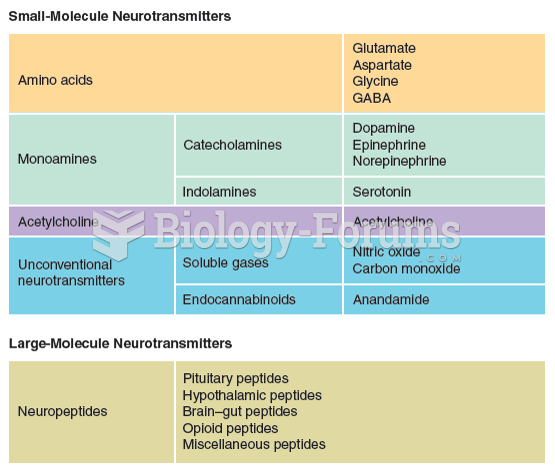This topic contains a solution. Click here to go to the answer
|
|
|
Did you know?
According to animal studies, the typical American diet is damaging to the liver and may result in allergies, low energy, digestive problems, and a lack of ability to detoxify harmful substances.
Did you know?
Medication errors are three times higher among children and infants than with adults.
Did you know?
The Romans did not use numerals to indicate fractions but instead used words to indicate parts of a whole.
Did you know?
Malaria mortality rates are falling. Increased malaria prevention and control measures have greatly improved these rates. Since 2000, malaria mortality rates have fallen globally by 60% among all age groups, and by 65% among children under age 5.
Did you know?
Excessive alcohol use costs the country approximately $235 billion every year.
 Lynx pardinus, the Iberian lynx, is critically endangered, and is the subject of intense conservatio
Lynx pardinus, the Iberian lynx, is critically endangered, and is the subject of intense conservatio
 The Masses, a leading Socialist magazine, featured drawings by artists, including John Sloan, as wel
The Masses, a leading Socialist magazine, featured drawings by artists, including John Sloan, as wel





